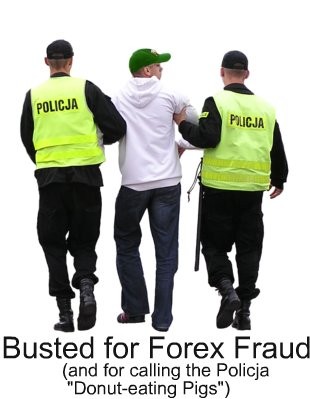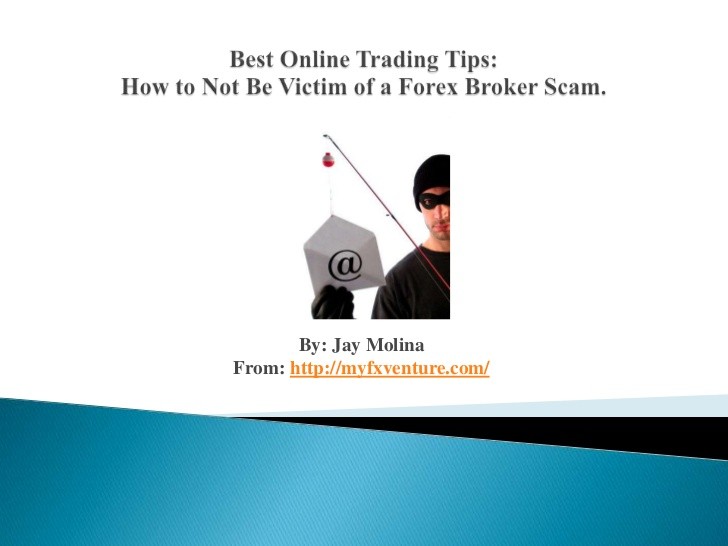Foreign Exchange Broker Scams
Post on: 28 Март, 2015 No Comment

FOLLOW US
SHARE
With a daily trading volume of $4 trillion dollars, the foreign exchange currency market attracts dealers who want to quickly get rich and the corresponding scammers who know how to exploit the greedy. To avoid scams, stay alert, be skeptical, educate yourself, use brokerages that are regulated, keep your ego in check and don’t succumb to greed.
Certain unsavory players in the forex broker business ecosystem have ways to separate fools from their monies. Potential dangers present themselves in the form of account managers, automated robots (Expert Advisors), dishonest forex brokers, so-called fail-proof systems and signal services. There is no substitute for learning to manage your own online forex accounts.
While there are certainly honest forex account managers who will trade for you in exchange for a percentage of your profits, it is usually a relationship just ripe for abuse. Forex account managers can shear nave clients of their entire investment capital. Even if you find an honest account manager, it would be far better to take the time to understand how to be successful with forex and take responsibility for your own transactions. We recommend without reservations, Alpari. MB Trading and Dukascopy .
Automated robots and systems (Expert Advisors) are the non-human counterparts to forex account managers. Even if an automated system honestly derives historical data, historical data is not consistently predictive in the dynamically evolving forex market. You should also avoid signal services, even though they don’t go so far as to execute trades. With signal services, a professional trader charges a fee to send trading signals for clients to act on. Just as an automated robot is, by definition, programmed to react to market signals based on rules inferred from historical data, signal services base recommendations on history, which means that they cannot adapt to the future as adroitly as an alert and educated human being can.

Forex brokers themselves can be dishonest. While an honest broker might charge a client a four-pip charge on the spread between the bid and the ask price, a dishonest broker might artificially double the spread. Another scam that brokers perpetrate is to install illegal software in their trading systems to delay execution of traders’ orders so that the broker can profit from any resulting price improvements.
Many forex brokers around the world have no regulation body monitoring them. For United States firms that conduct futures and options on futures with the public, the NFA (National Futures Association) registers them for the Commodity Futures Trading Commission (CFTC). The NFA and CFTC work together to guard investors against frauds and scams. The NFA website publishes details of every action that it takes against fraudulent forex brokers. Take time to conduct the research. Choose your forex broker wisely and then conduct research periodically to ensure that the broker you’ve chosen remains on the straight and narrow path.
At TopTenREVIEWS We Do the Research So You Don’t Have To.














